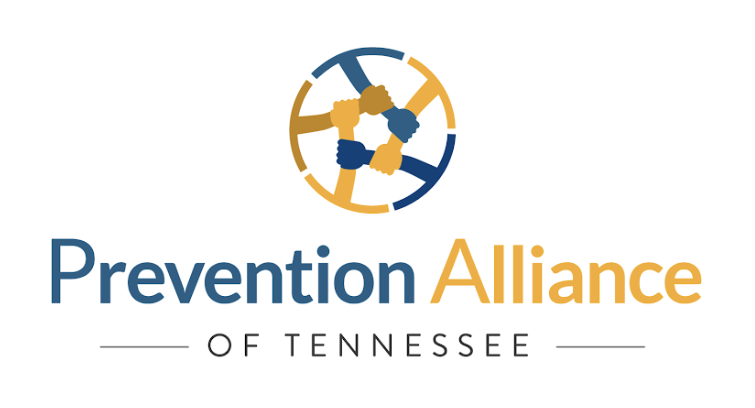
Individual Strategies
-
Presentations, workshops, brochures, billboards, social norms campaigns, town hall meetings, web-based communication.
-
Refusal skills for youth, parenting skills for caregivers, professional development for teachers, police, youth workers, or other support personnel.
-
Assisting others to conduct training, obtaining funding for equipment, training, reach specific target audiences.
Environmental Strategies
-
Provide instructions and training in multiple languages; give scholarships for training barriers, and enhance law enforcement operations.
-
Provide incentives, public positive recognition and/or increase citations/fines, and change discipline.
-
Permanent infrastructure to discourage violence (lighting/signage) and creation of safe gathering spaces.
-
Modify large crowd ordinances and enhance health requirements/screenings.
The STRATEGIC PREVENTION FRAMEWORK
Individual and environmental intervention strategies are two primary approaches to preventing substance use disorders.
Some prevention interventions are designed to help individuals develop the intentions and skills to act in a healthy manner. Others focus on creating environments that support healthy behavior. Research indicates that the most effective prevention interventions incorporate both approaches. Targeted prevention identifies and reaches out to populations that are at a higher risk for substance misuse.
Any prevention approach should be used with the Strategic Prevention Framework (SPF). Learn more about applying the SPF.
The prevention workforce must also have the cultural competence to effectively engage with the individuals or communities they are targeting. Learn more about cultural competence and the SPF.
Sustainability is another important component of prevention efforts, and the focus of any such effort should be on sustaining positive outcomes, not sustaining any particular program. Learn more about sustainability.
Graphic Sourced from SAHMSA: A Guide to SAMHSA’S Strategic Prevention Framework 2019


Strategies for Community Change
Providing Information – education, presentations, printed media and media campaigns (media campaign promoting Tennessee’s Social Host Liability Law, promotion of drug disposal locations)
Building Skills – workshops and training classes (responsible alcohol sales classes, drug-free workplace trainings, parent classes)
Providing Support – providing positive alternative activities, mentoring, referrals, support groups and clubs (Youth Ambassadors, tips for parents and teens, age verification materials for businesses)
Enhancing Access/Reducing Barriers – increasing opportunities to utilize systems and services (providing treatment referrals, medication disposal events)
Changing Consequences – increasing the likelihood of good behavior and decreasing the likelihood of bad behavior (fine structure for businesses that sell alcohol to minors, reward responsible businesses)
Physical Design – modifying the physical design of the environment (park signage, permanent medication disposal bins at police departments and pharmacies)
Modifying/Changing Policy – formal changes in laws or rules and encouraging enforcement of existing regulations (mandatory training for clerks who sell alcohol, mandatory I.D. checks for those purchasing alcohol)




